
Before this past year, one of my favorite Jewish traditions was going to Synagogue on Saturdays. I would dress up, grab my beloved Siddur I received from my bar mitzvah, and spend 3-4 hours praying in Hebrew, listening to the Rabbi’s Dvar Torah, and gossiping with fellow members of the congregation, all for the reward of some truly incredible bagels and lox. However, with the start of this pandemic, this ritual hasn’t really been possible, so I’ve had to find other ways to connect to Judaism. I go to The Weber Jewish Community High School in Sandy Springs, Georgia. It’s an egalitarian school, so prayer isn’t mandatory. I don’t usually go; they’re very early and as a 17-year old kid, my self-inflicted sleep deprivation makes anything in the early morning pretty difficult.
I go to classes like Hebrew and Modern Jewish History. I’m lucky to have those classes and it’s been great to express my Judaism through learning and studying. I believe connecting with my Jewish community and learning about Judaism are just as important as praying or reading Torah. Since one of those things can’t be traditionally done as I’m stuck at home, I’ve been connecting and studying like never before. I’m involved in organizations like BBYO and Young Judaea, as well as the AJC and the Jumpspark fellowship program. These really are the highlights of my week; They offer a break from the monotony of school, homework, video games, exercise, and sleep.
One that stands out, however, is the Jumpspark program. With Jumpspark, I work with Israeli teens just like me to tell our stories of Jewish identity in America and Israel. I’ve learned a lot about Israel from my Israeli friends in Jumpspark or otherwise. My work in Israel advocacy is one of my most beloved connections to other Jews in Israel, but talking to Israeli friends helps me get new perspectives, and they’re all wonderful, interesting people. My greatest friends live at home, in the USA. I connect with other Jews in the US, as many others do, through groups like BBYO. I’m the Mazkir, AKA communications czar, for my local BBYO chapter. It’s a good bit of work but incredibly rewarding, when we can all get together in zoom or in an open park and just hang out. In lieu of in-person religious involvement, I’ve found meaning and depth in just connecting with other Jews.

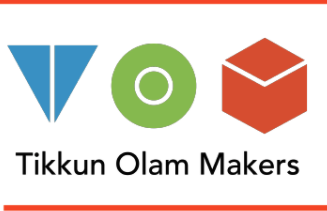
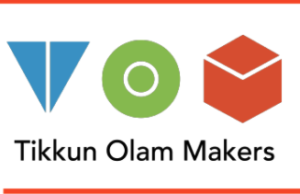
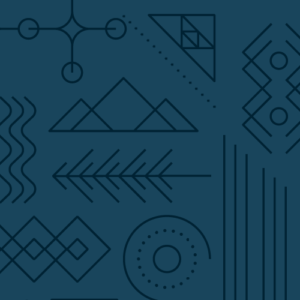

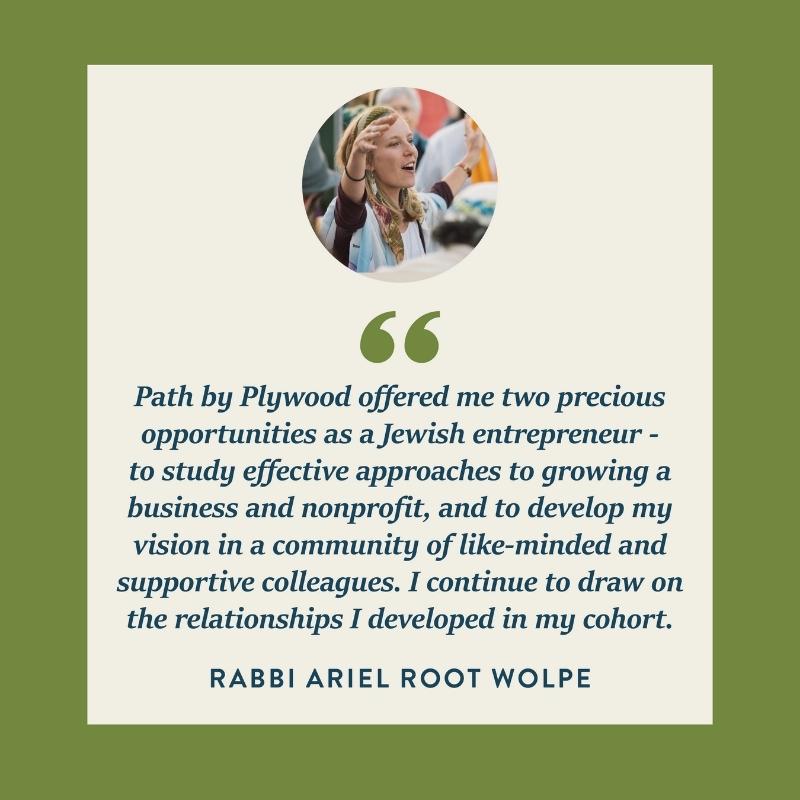
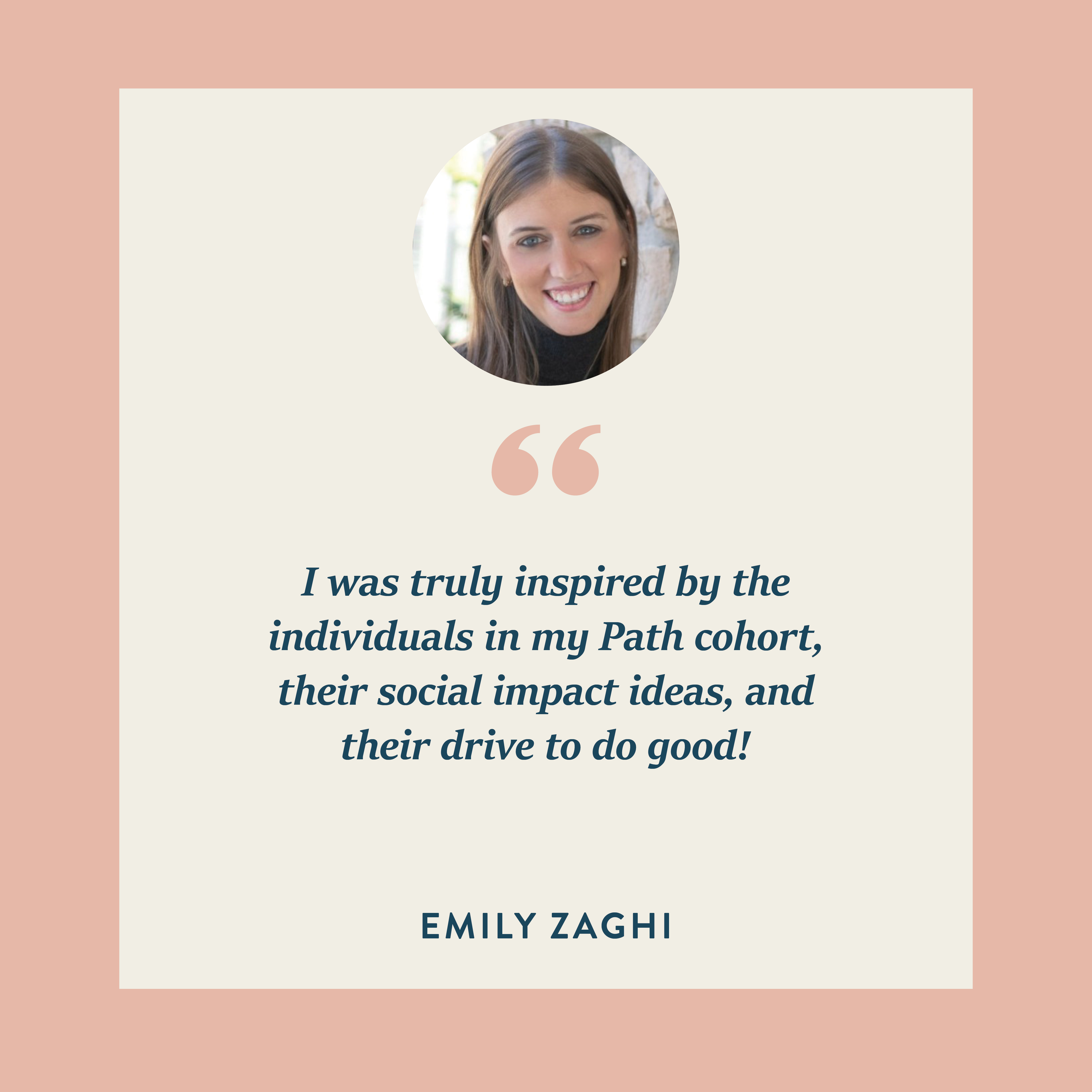
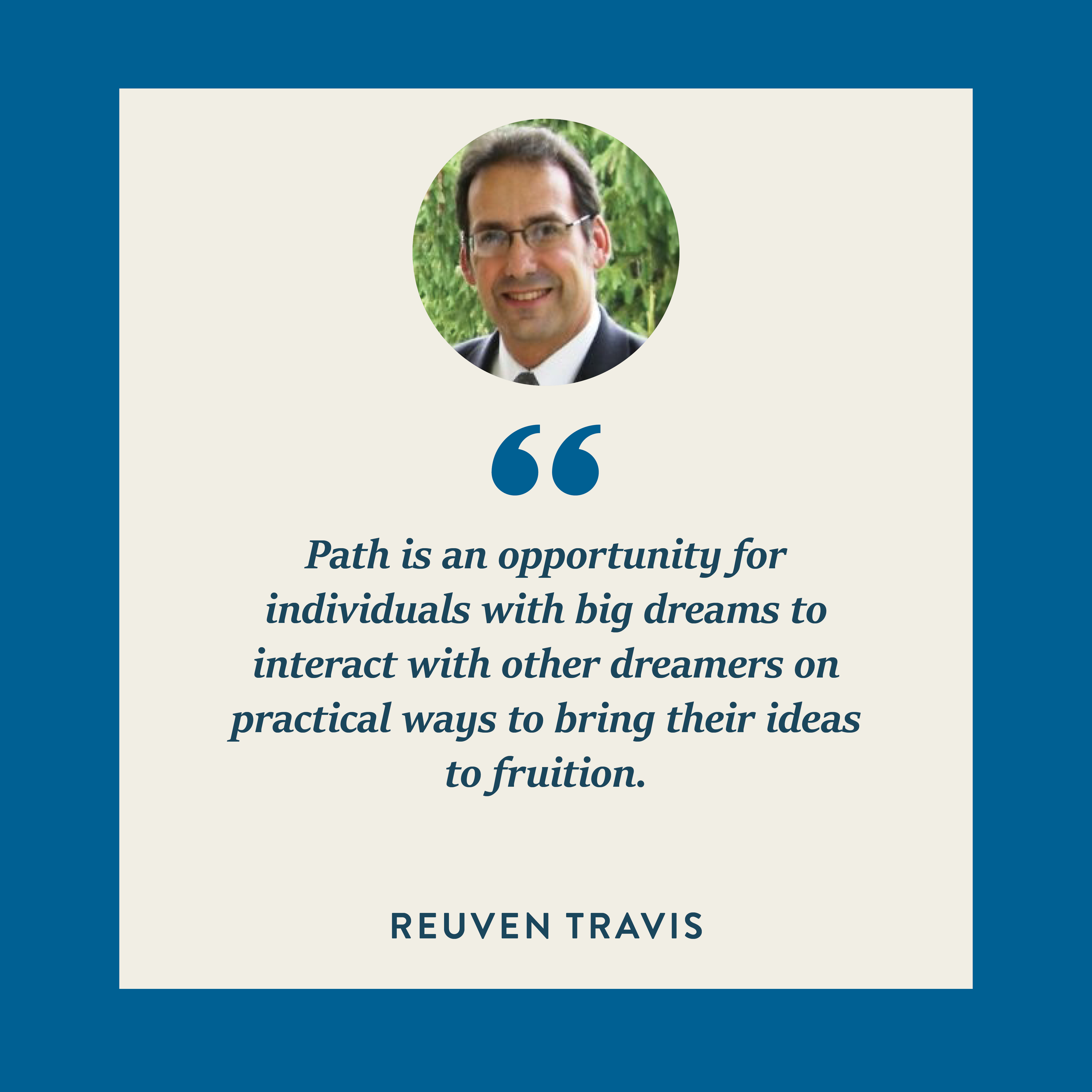
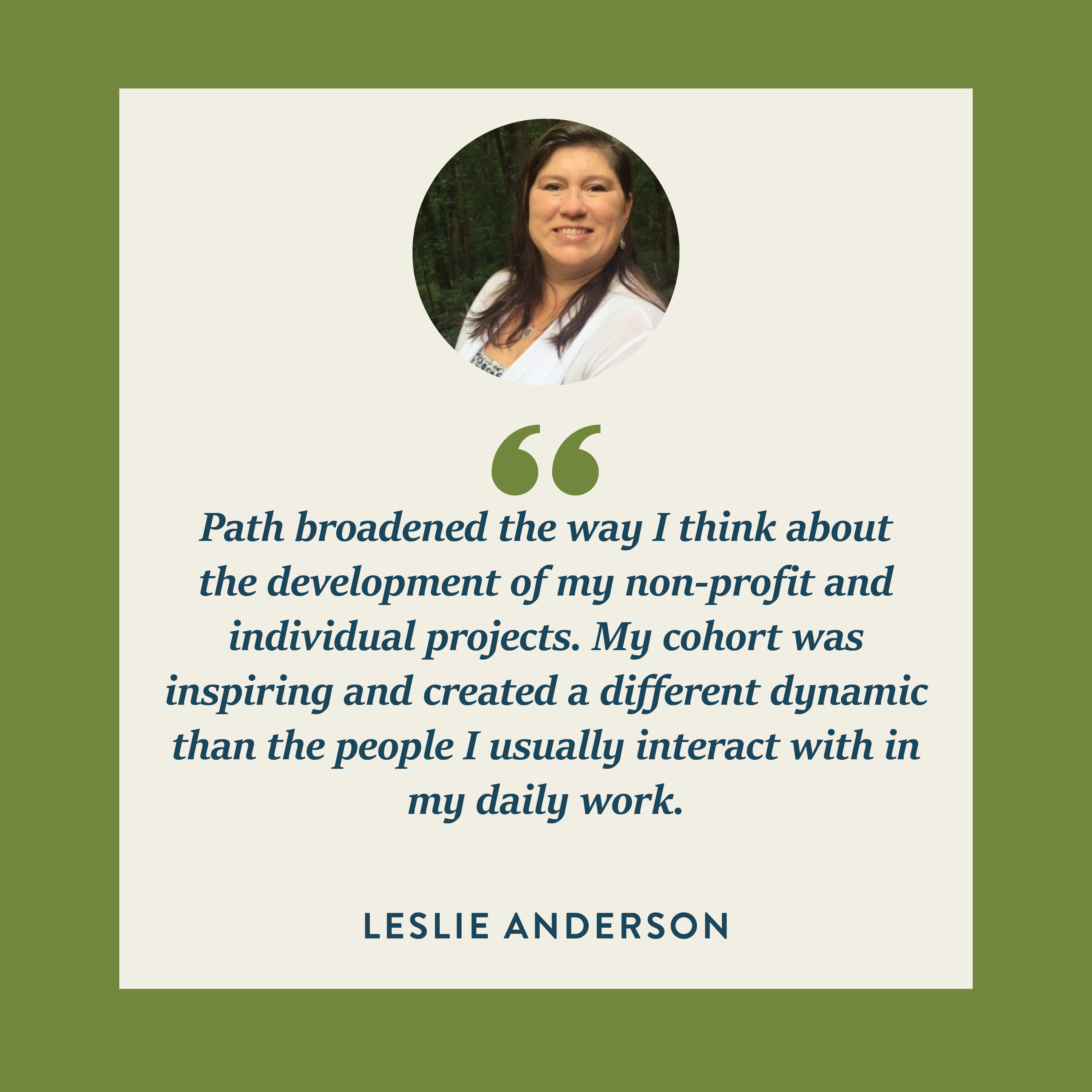
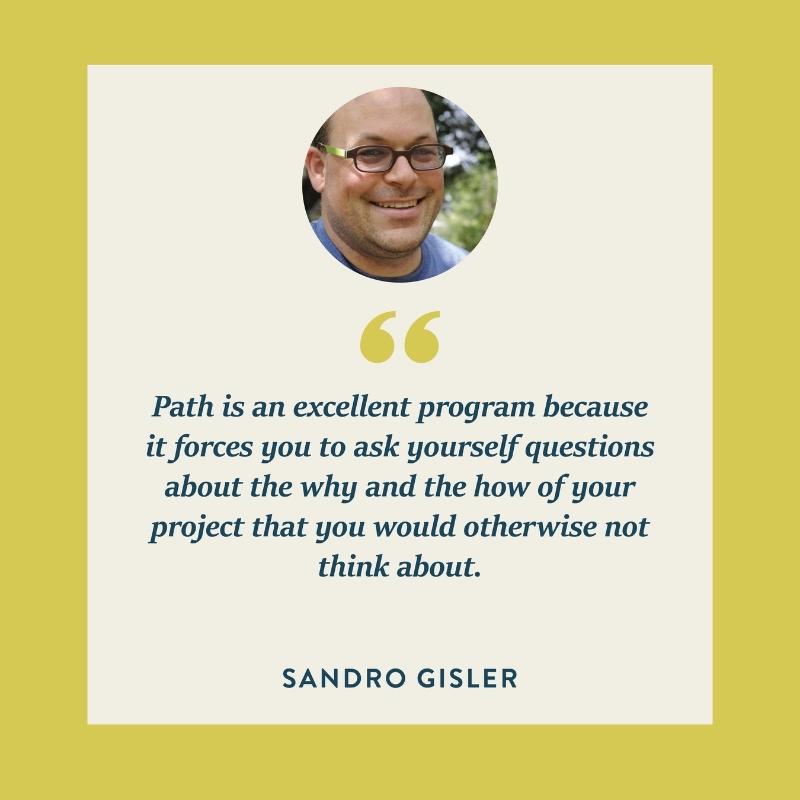
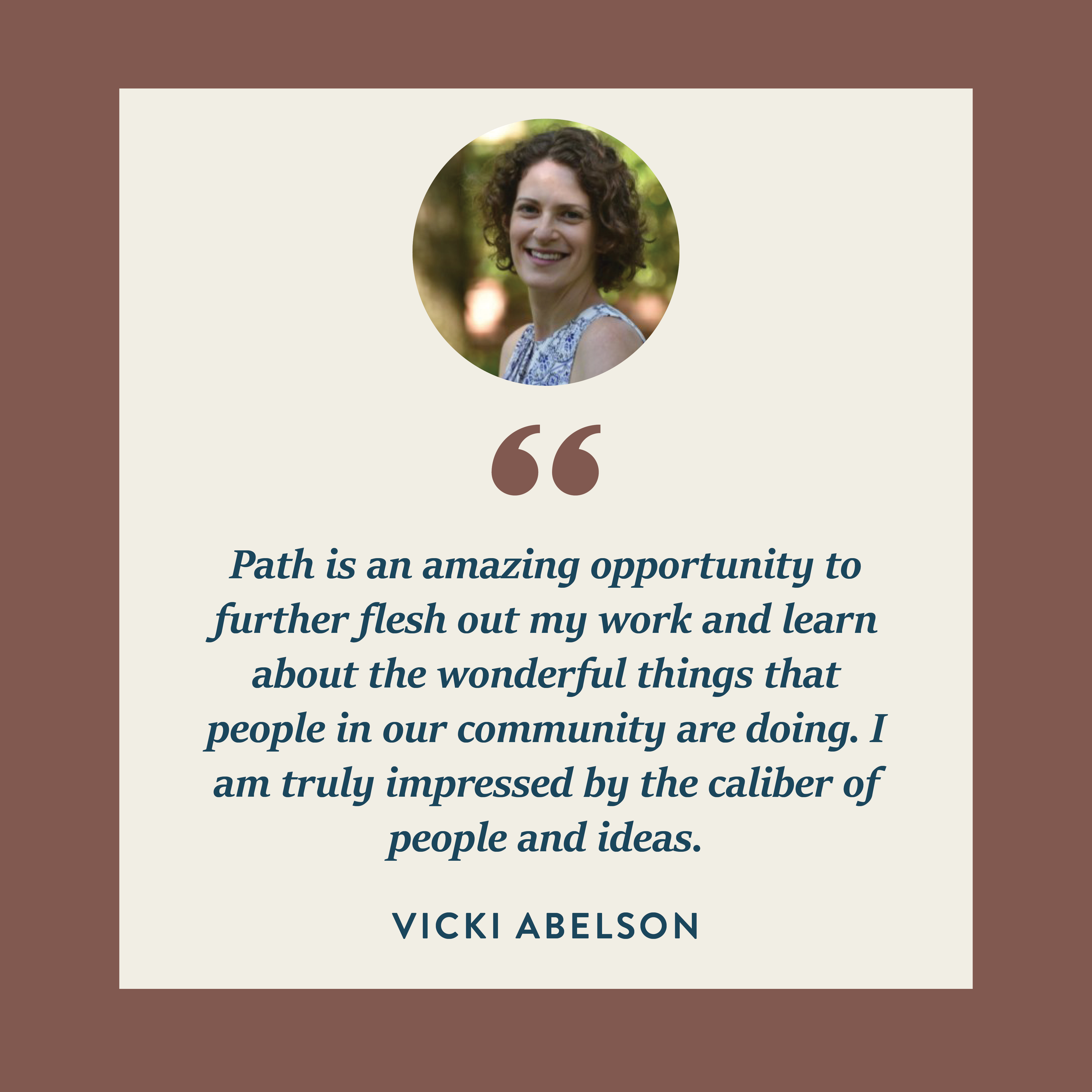

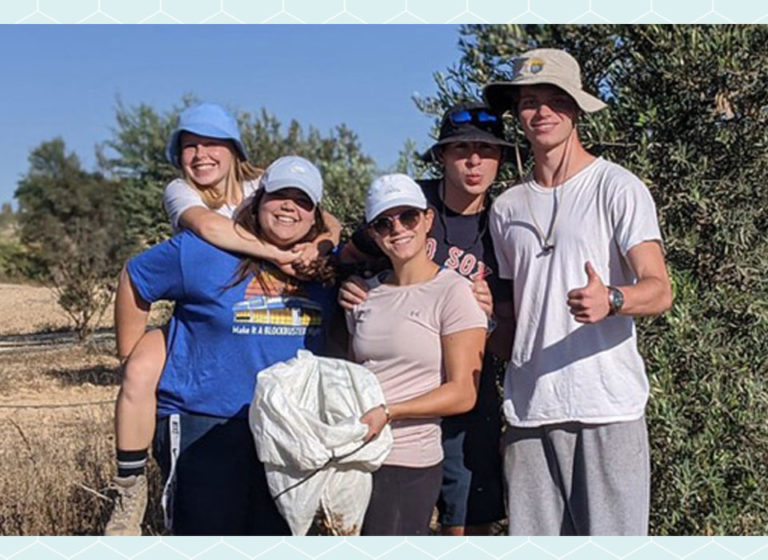
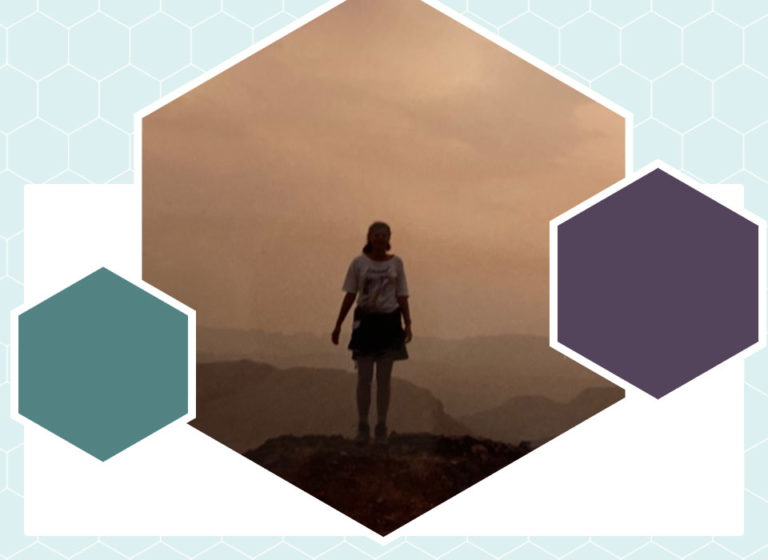
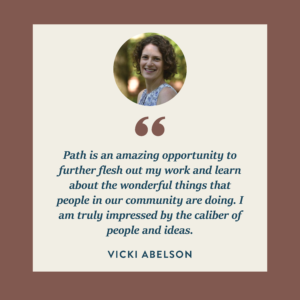
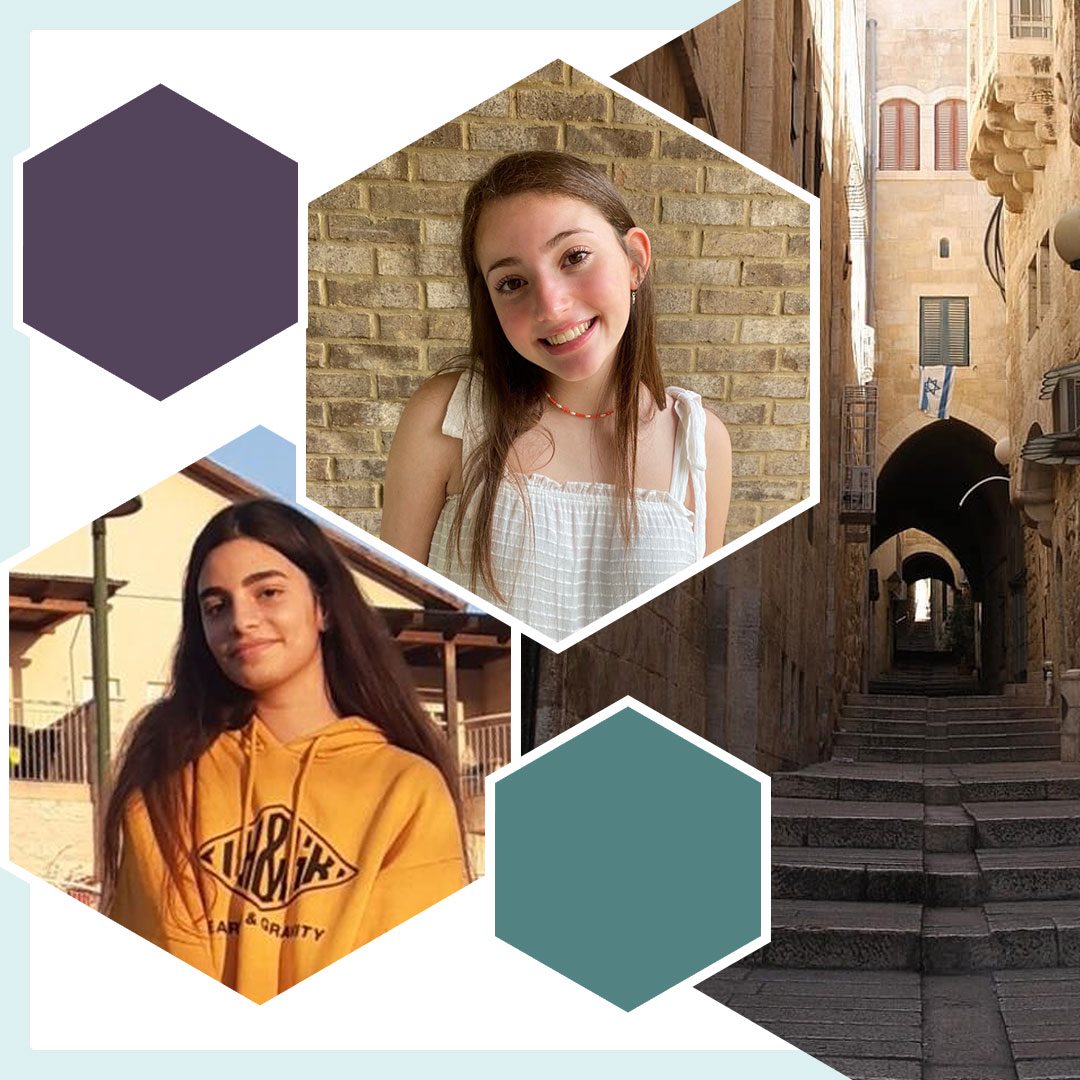
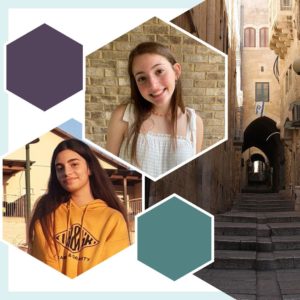 JumpSpark’s
JumpSpark’s

